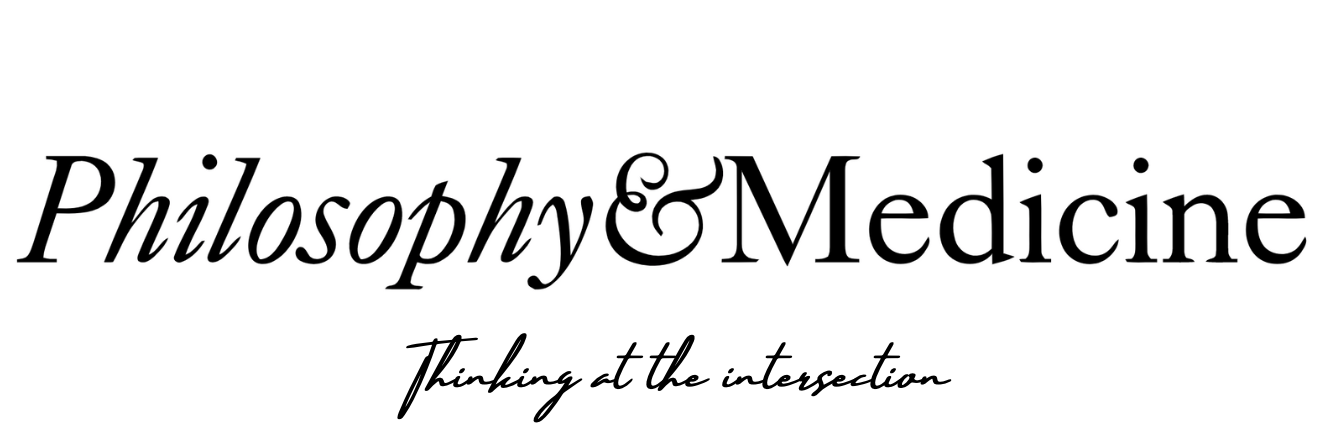Join the Sowerby Philosophy & Medicine project for our first colloquium in our series 'Ancient Philosophy of Medicine'. On the May 13th, Professor Nahyan Fancy will join us from The University of Exeter to speak on “What kind of ‘ilm is medicine? Reflections of the Canon and Epitome Commentators on Avicenna’s Definition of Medicine and its Implications”. The talk can be attended in person in London ( Kings Building K-1.14, Strand Campus) or online on Zoom (link will be sent on the day of the event).
Abstract: Ibn Sīnā begins the Canon of Medicine by defining medicine as “a science (ʿilm) through which one knows (yataʿarraf minhu) the states of the human body from the perspective of what makes [the body] healthy and [what] makes it leave [the state] of health.” In the course of this opening discussion he also stresses that all of medicine is a theoretical science, including its practical parts. Yet, later in the same lesson, Ibn Sīnā maintains that for some medical matters the physician qua physician may only conceptualize them (taṣawwur) without passing judgment (taṣdīq) on whether they exist. The physician qua physician should accept such judgments from the scholar of natural science (al-ʿilm al-ṭabīʿī). Dimitri Gutas, in his oft-cited chapter from 2003, cited this latter passage as a reason for why physicians in Islamic societies were unable to critique or overthrow Galenic humoral theory since it was deemed off-limits to them. In this presentation, I shall examine the discussions of four Canon commentators and four Epitome commentators on the definition of medicine and what types of investigations fell under the purview of those engaged in medicine (whether as practicing physicians, teachers, or commentators on medical works). We shall see that the thirteenth century commentators had already come to understand the Avicennan definition and passage on what is permissible for physicians qua physicians in a way that did not limit their investigations into medical theory. We will see how this led them to revise humoral theory and even engage in debates over the connection of the soul to the body, and its implications for the number and role of chief organs.
You can register here.

